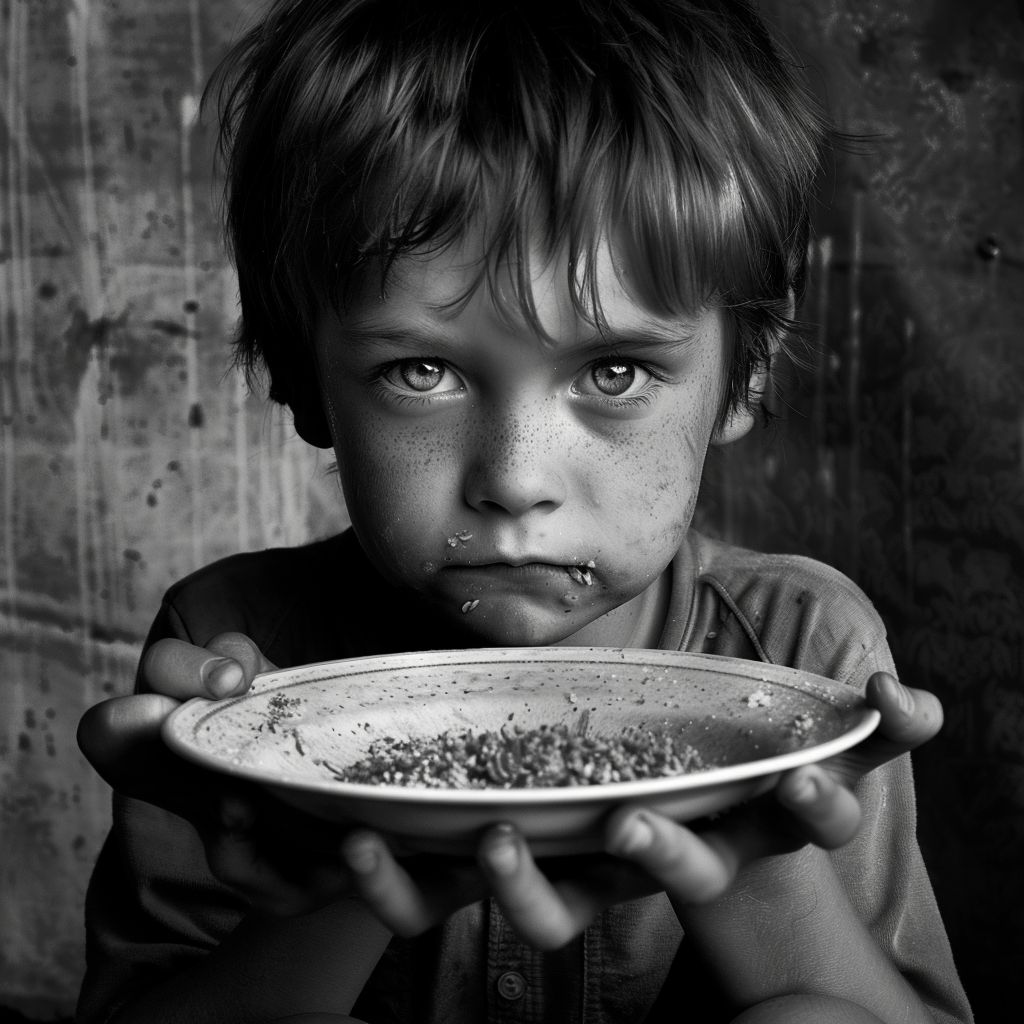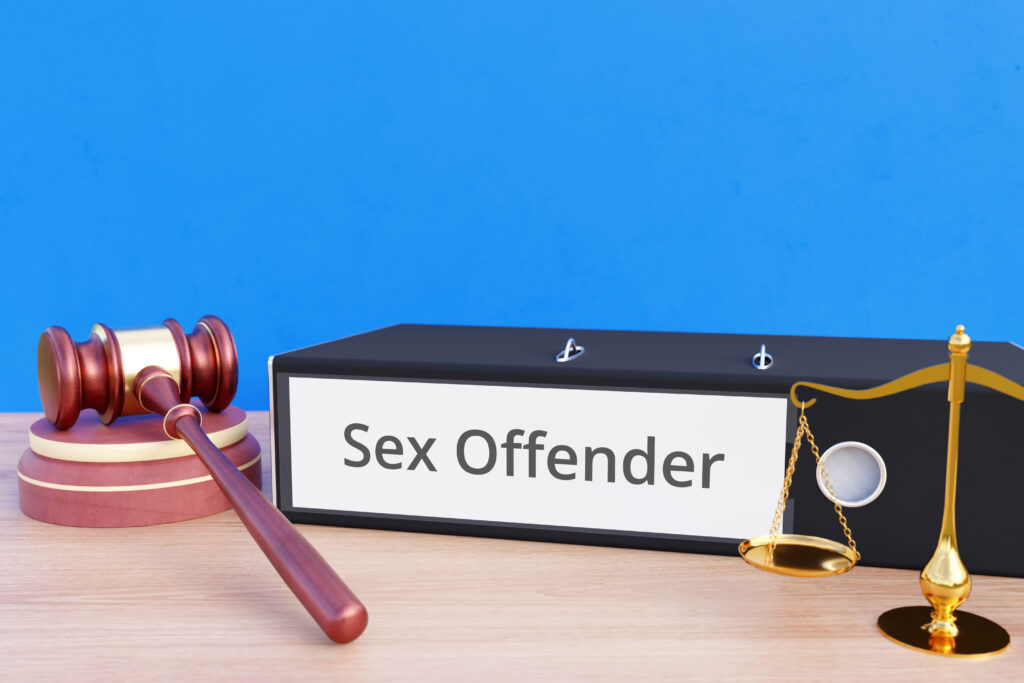Hunger in America: A Persistent Crisis Affecting Public Health and Safety

Despite its status as one of the world’s wealthiest nations, the United States grapples with a pervasive issue that contradicts its abundant resources: hunger. This silent crisis affects millions, with profound implications not only for individual health and dignity but also for broader societal stability and public safety. Understanding and addressing hunger is crucial for fostering a healthier, more equitable society.
The Extent of the Hunger Crisis
Recent statistics reveal a troubling picture: according to Feeding America, over 34 million people, including 9 million children, in the United States experienced food insecurity in 2019, struggling to obtain sufficient food to lead a healthy lifestyle. The COVID-19 pandemic exacerbated this issue, highlighting the fragility of food security for countless American families. The U.S. Department of Agriculture (USDA) notes that in 2020, households with children were more likely to experience food insecurity, and disparities were stark among minority communities, with Black and Hispanic households suffering disproportionately.
Public Health Implications
The public health ramifications of hunger are severe and far-reaching. Dr. Sara Bleich, a public health policy expert at Harvard, points out, “Food insecurity is closely linked to various forms of poorer physical and mental health outcomes.” Indeed, adults in food-insecure households are at a higher risk of chronic conditions like diabetes, hypertension, and heart disease. Children in these households face significant developmental risks, impacting their academic performance and physical growth. The Center on Budget and Policy Priorities highlights that hungry children are more likely to struggle in school and experience developmental impairments in areas like language and motor skills.
Economic Strain and Safety Concerns
The economic downturns, such as those prompted by the COVID-19 pandemic, have illuminated how quickly families can find themselves facing hunger. Loss of employment and unexpected medical bills can rapidly deplete savings, thrusting families into food insecurity. The strain of hunger can lead to increased societal tensions and public safety concerns. Research from the World Food Programme suggests that severe hunger can exacerbate social unrest and conflict.
Geographic and Racial Disparities
Hunger does not affect all communities equally. Rural areas often experience higher rates of food insecurity due to limited access to grocery stores and fresh food. Moreover, systemic inequalities mean that African American, Hispanic, and Native American communities face higher rates of hunger. These disparities are not just about lack of food but are closely tied to broader socio-economic issues including poverty, unemployment, and lack of access to healthcare.
Policy Responses and Solutions
Addressing hunger in America requires robust and sustained policy interventions. The Supplemental Nutrition Assistance Program (SNAP), formerly known as food stamps, is one of the most effective tools in combating hunger. The program supports millions of Americans, yet many eligible families do not receive these benefits due to lack of awareness or bureaucratic hurdles. Policy experts like those at the Urban Institute advocate for expanding SNAP benefits and reducing eligibility restrictions during economic crises.
Community solutions also play a critical role. Local food banks, charities, and school feeding programs are vital, especially in times of crisis. Innovative programs such as community gardens and mobile food pantries help increase access to nutritious food in underserved areas.
Conclusion: The Call for Continued Vigilance and Action
The battle against hunger in America is as much about ensuring economic stability and public health as it is about food. It requires a concerted effort from all sectors of society—government, businesses, non-profits, and communities. As Feeding America CEO Claire Babineaux-Fontenot asserts, “The fight against hunger is also a fight for equality and justice.”
Progress has been made, but the journey is far from over. Ensuring that every American can access the food they need to live healthy lives is not only a measure of our success in combating hunger but a reflection of our values as a nation. Addressing this issue head-on is essential for the health, safety, and future of our society.
Recommend0 recommendationsPublished in Opinion, Social Issues




Responses